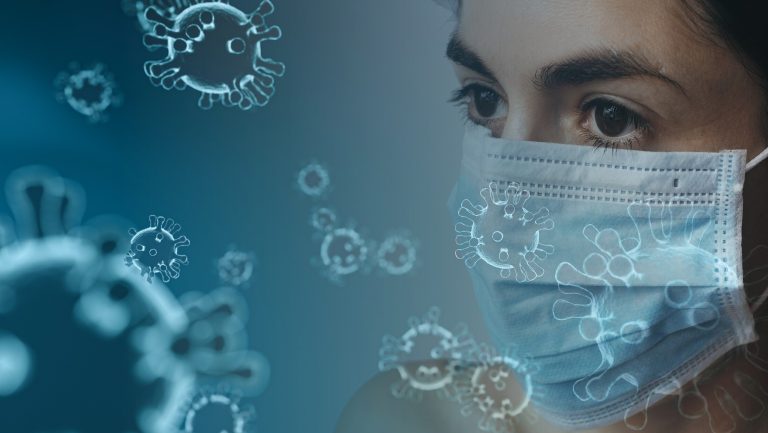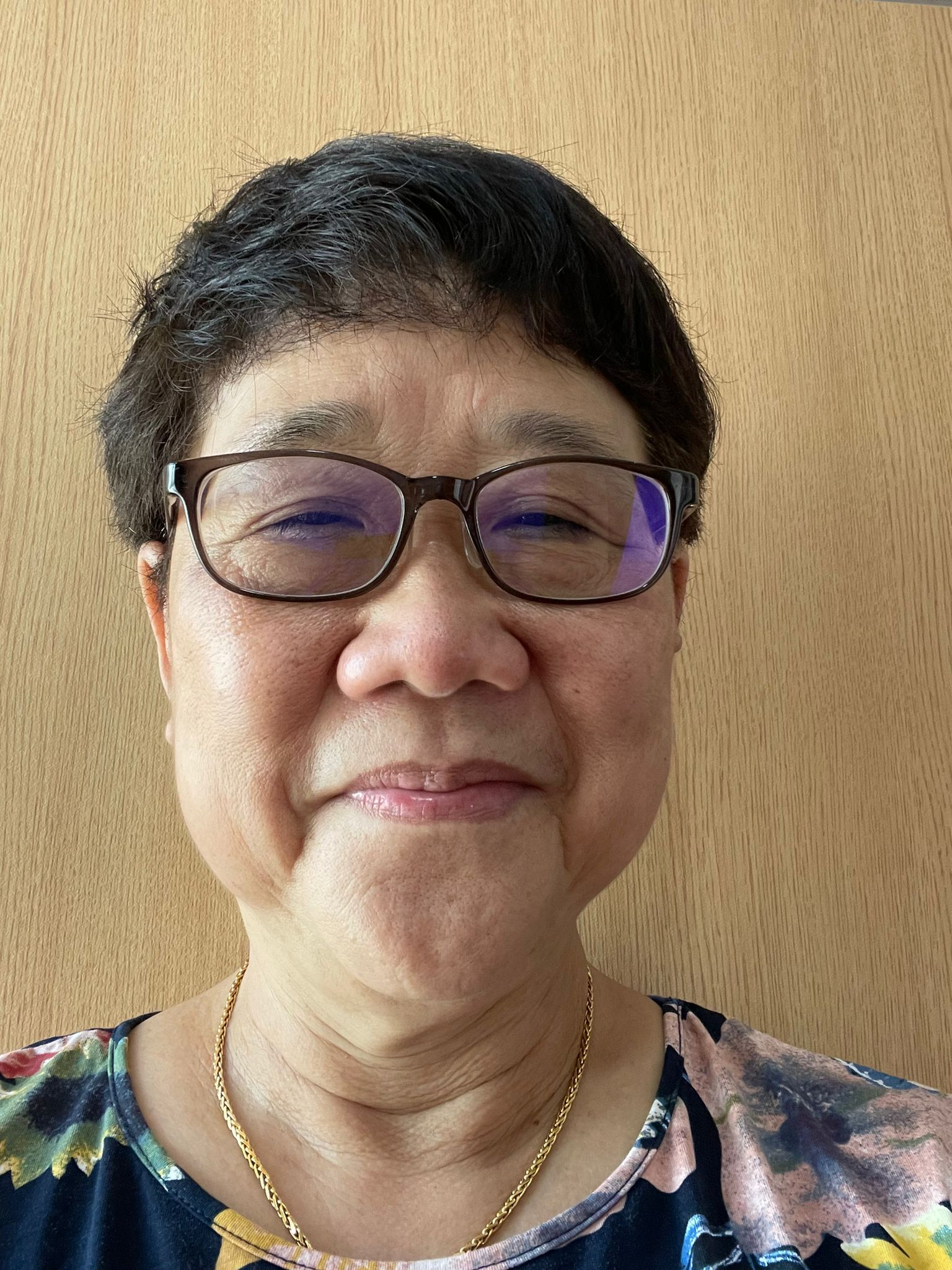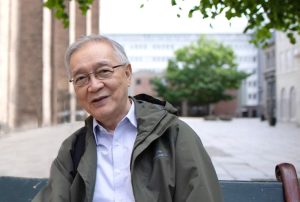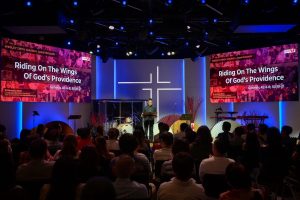This article is a composite story of some Covid survivors and their experiences. They range in age from late 40’s to 103, and they come from different professions and life stages.
The circumstances of their infection vary — some contracted the virus from a loved one (spouse, for example), work mates, helper, etc.; many could not account for where or how they contracted the virus, while one only found that he had been infected on doing the routine ART in order to access places that required the test to be done. Yet others discovered their infection responding to the symptoms that moved them to test for confirmation.
Whatever the circumstances of their infection, however they coped with the situation, however they recovered, it is safe to say that each has a story of God’s loving hand in their situation.
Immediate Reaction
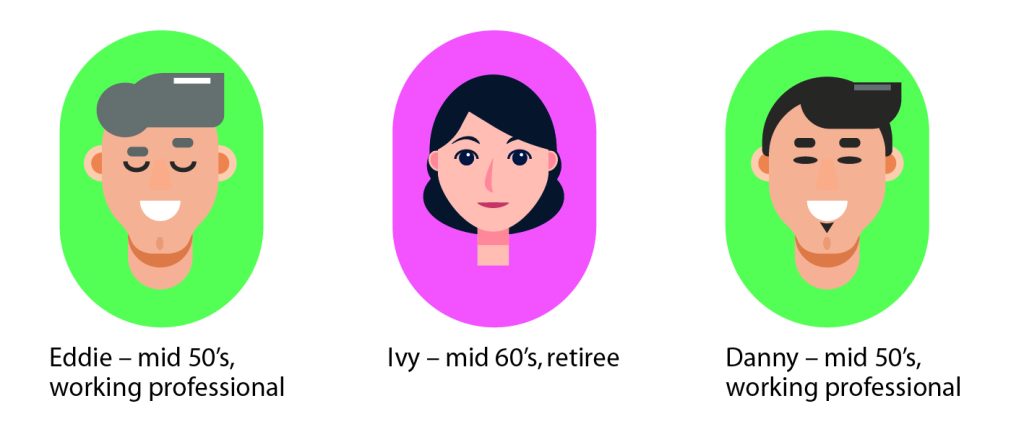
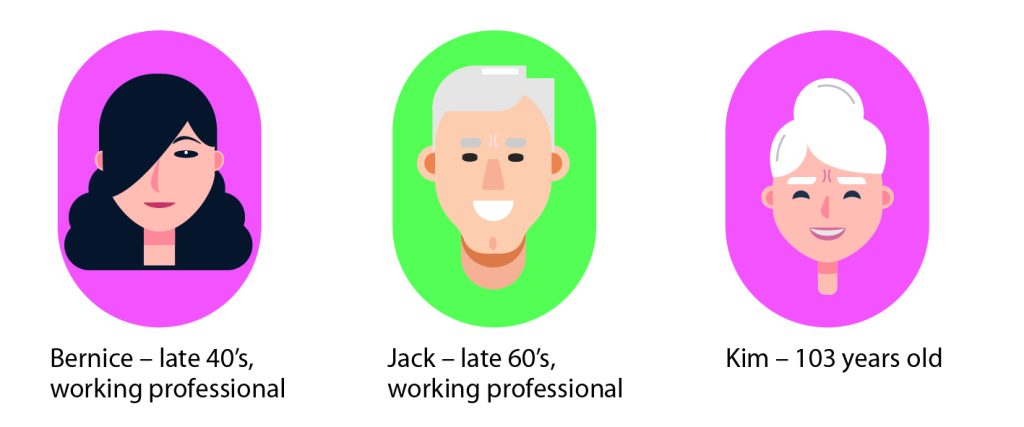
Upon confirmation of the positive results, the immediate reaction of the majority was one of surprise — against the background of great care taken to observe safe management measures such as masking up, avoiding crowded places, and working from home. Some took it in their stride – with that “It’s about time I got it!” attitude — while others simply knew it was coming with the onset of the symptoms associated with the illness. Said Eddie, “Finally, it’s my turn“, while for Ivy, it was, “Why me, why here?”. Danny’s stoic expression was “I will catch it in a matter of time due to the nature of my work.” Similarly, for Bernice, it was something she knew had to happen — “When the ‘T’ line started to appear slowly, I murmured to myself, “Oh, no! So it is happening.” For Jack, whose mother, Kim, a centenarian, was infected, it was “great anxiety, as the general prognosis for the elderly catching Covid is not good”.
Measures Taken
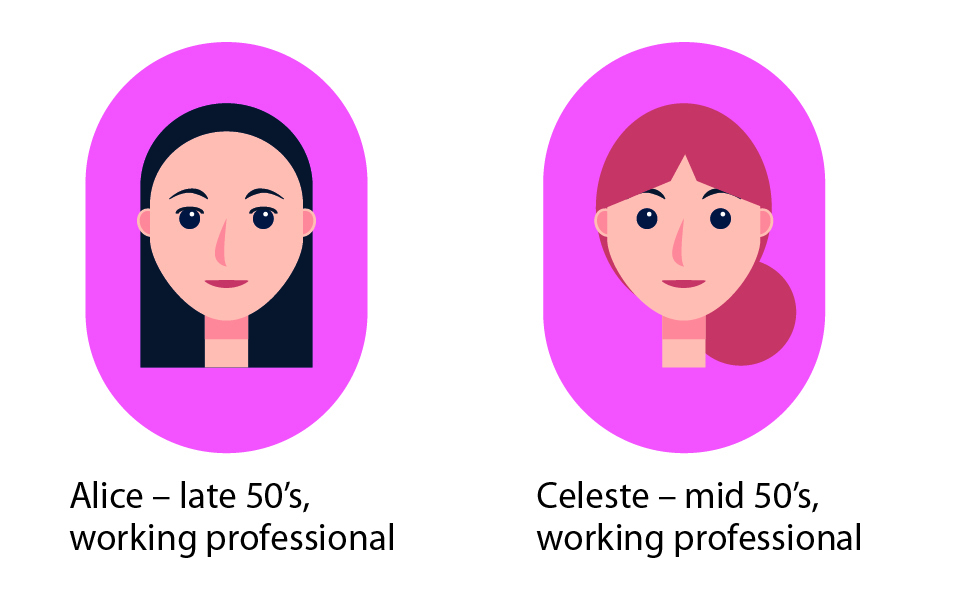
Once they accepted their lot, without exception, all the survivors felt anxiety, mainly from not wanting to affect family members they live with, and family members and work mates they could have infected. What followed was a flurry of preparation work to prevent that from happening; again, without fail, all the survivors took steps to isolate — this ranged from simple measures of informing people they had been in close proximity to, to masking up indoors, self-medicating, making arrangements to distance themselves from others in the home, etc. All self-isolated at home except Kim who because of her precarious situation, had to do it at the hospital.
Alice took these steps — “We kept our distance and avoided talking even with the mask on. I used my own set of cutlery and washed them with a separate dish sponge. When we had to share common spaces like the living room, we avoided talking, and for the bathroom, I would wipe down and sanitise it after every use. We sprayed room disinfectant regularly for the full house.”
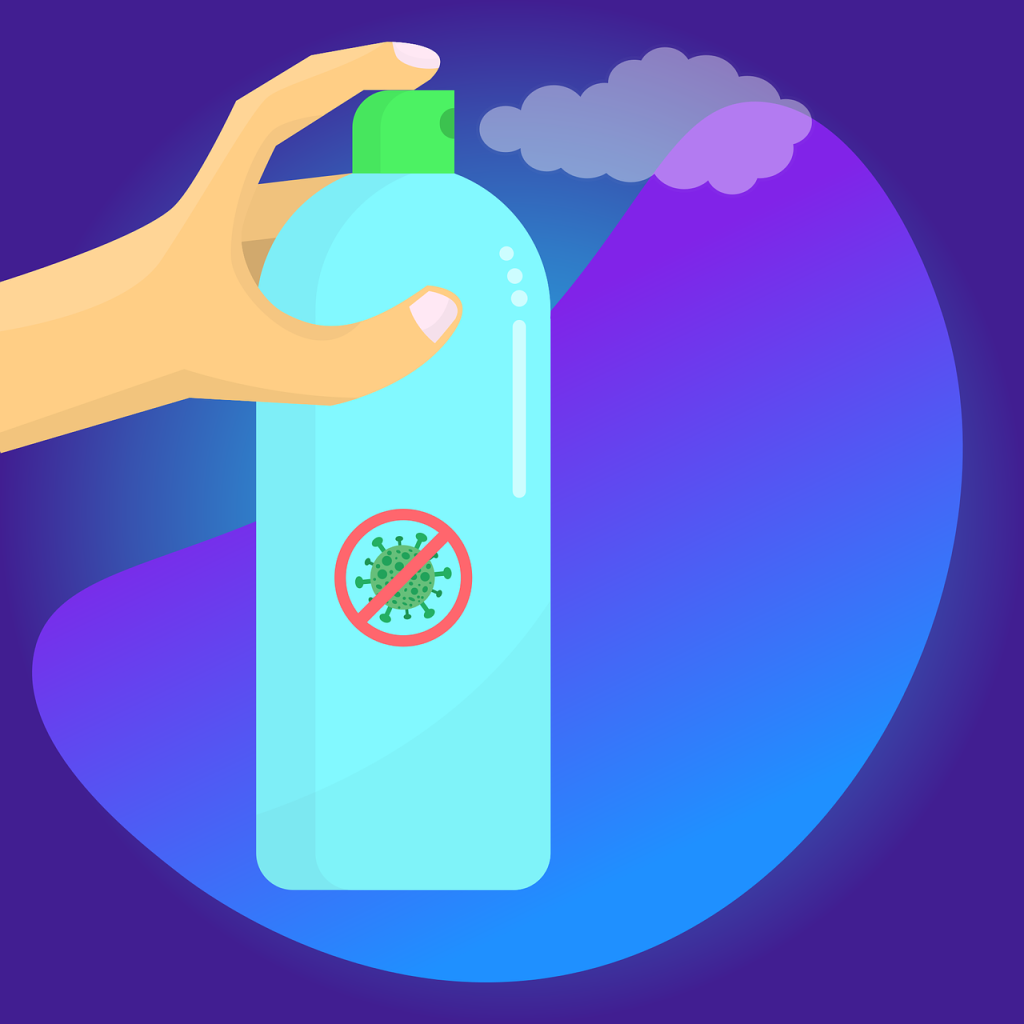
Celeste similarly took steps to ensure sanitisation and for personal monitoring: “We are very fortunate to have a helper, so she cooked for us and put all our food in disposable wares. We bagged our own trash and reminded our helper to wear masks, face shields and gloves when handling our trash. We also used disinfectant spray regularly to kill the germs. We used the oximeter regularly to check that our readings are within the normal range.” Herbert did the same — take daily temperature and oxygen readings.
Eddie needed to “make arrangements for [my] son to go on ‘exile’ as he is considered vulnerable due to some medical condition”.
Such is the extent the survivors went to, to protect loved ones in their midst.
Feelings and Coping Strategies
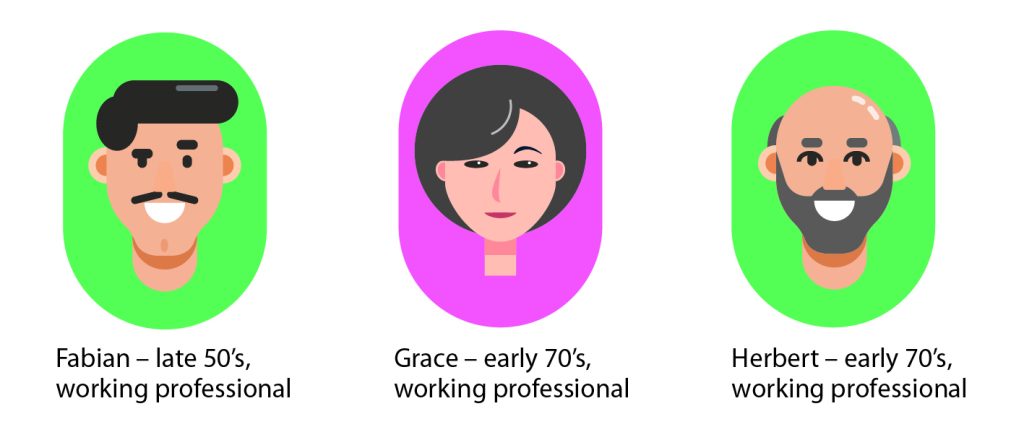
All had to endure the symptoms — from mild to intolerable — of parched throats, coughing, general discomfort, etc. Some had it bad — Celeste has this to say: “I felt very miserable throughout the five days as I had fever. My body was also alternating between feeling cold and hot”.
Danny said of his symptoms: “it felt as if my throat had knives inside as it was very painful. Couldn’t even swallow my saliva. Patiently keep wondering when the ordeal will be over”.
Like Danny, the others too needed to run the whole course. For them, however, it was not just the physical discomfort — Bernice put it this way: “I am an active person who enjoys walks and cycling in the park daily, so living in a confined space for several days can be very discouraging. I was quite worried because I wasn’t prepared to be isolated and I wasn’t sure how long it would take.”
Alice endured it by choosing to be positive about her situation. “My appetite was good so I made sure I ate well in order to build my immunity to fight the virus. It was like a time of retreat — physical and mental rest.”
Ivy, who contracted the virus overseas, felt intensely disappointed each time she took the alternate-day ART which continued to be positive over five days — because it just meant that she had to delay returning home to Singapore. As she had been visiting her son and his family, being separated from her granddaughters was a torment. “I could hear them from my room but could not see nor touch them — I would have given anything then to be able to play with them as I had been doing all the time I was visiting them.” On top of it, she lost her sense of smell and taste.
Fabian endured the symptoms like the others, in addition to the loss of smell and taste. “I felt tired and sleepy all the time, together with the sore throat and coughing. I was told that it would last seven days and that after that, I could leave the house. On Day Eight, I was still having a sore throat and coughing and body aches. I went to the government-appointed test centre to do the ART and was still tested positive” — echoing the same disappointment felt by Ivy.
Grace was more bothered by the conflicting facts in the media on vaccination and its effects on the vulnerable than by the symptoms she suffered, in the seven days she waited for the disease to blow over for her. In fact, she was much more stressed by her unvaccinated state and what it would mean if she caught the virus than by the effects it would bring to her health. She was elated that she did not suffer as much as the literature said unvaccinated persons would. She said, “The thought of death was on my mind but I had this peace.”
As Herbert could not sit up long to read or watch television, he took on the disease stoically and tried not to do too much — his advice? “Let the email pile up.” The reason for his take on the situation he was in? “Let nature take its time to heal. There is nothing you can do to make you recover faster. Don’t get anxious and stressed for nothing.”
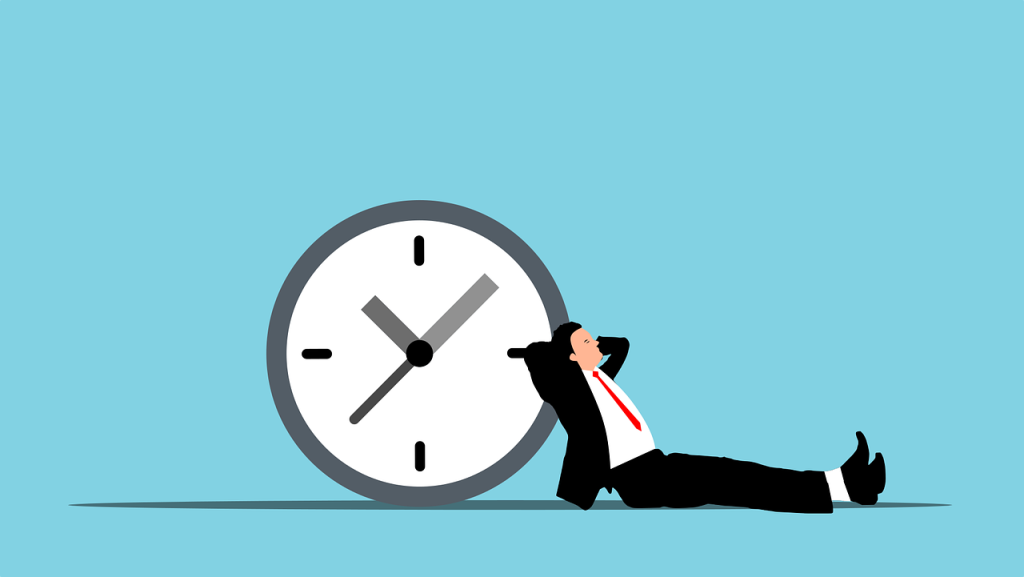
Jack said this of the situation at home: “There was a feeling of peace that God was in control and that whatever the outcome, He would do what was best for Mum.” His reaction arose from how they coped with it. “Prayer was an important part of what we could do. Mum had prayer warriors not just in Singapore but spanning the world!”
Encountering Covid-19 as Christians
How does being a Christian affect how the survivors viewed the situation and how they got through it? In general, being Christian helped the majority of them navigate the difficult situation they were in.
Alice says it this way: “I knew I will recover eventually by God’s grace. Even though I didn’t feel very sick and even felt that I was well enough to get out of the house to run errands, I refrained from doing so as long as my ART result was positive. I am mindful to exercise personal responsibility to protect others and keep them safe. Consider others first – ‘You shall love your neighbour as yourself’.”
Bernice found comfort in community — “I did not allow fear to overtake me but stayed focused on God and stayed positive throughout my illness. Spending time with God, doing daily devotion and connecting with a supportive community is important for me to cope.
“I am also involved with Companions in Christ (CIC). Zoom allowed me to attend the group meetings and that was one high point for me. Although I was in isolation, I was still connected to the community of supportive believers.
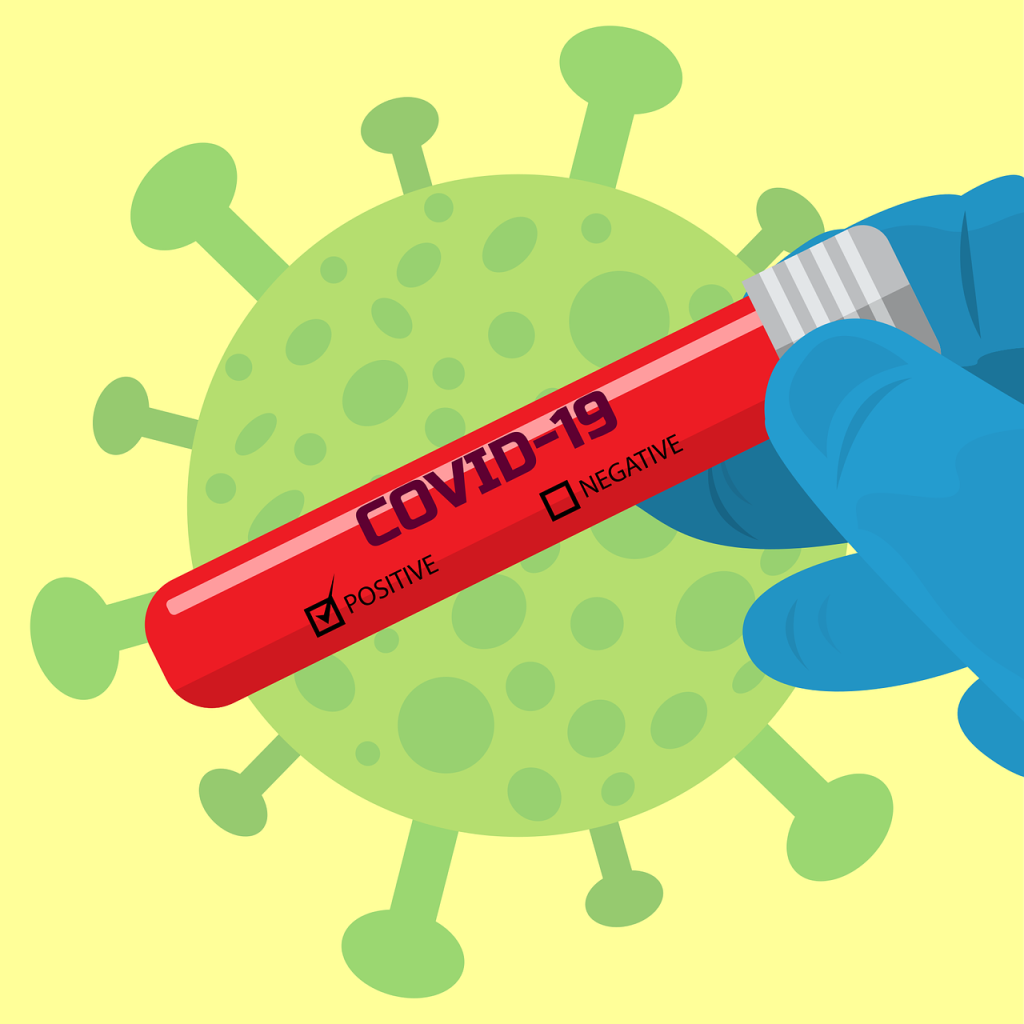
“I am assured that God is in control of the situation. I also have faith that God is healing me. The irony is God is not only healing and strengthening my body but my heart as well. My spirit and soul is nourished everyday through my solitude and my time with the community of God’s people.”
Although Celeste struggled about why she contracted the illness, she eventually saw the bigger picture. “I questioned why I caught Covid when I’ve been diligently praying for God to protect us and keep Covid away. What is God’s intention to let me catch Covid? Eventually, I know God always has His reasons when He puts us through trials. I will trust that He will see me through and not let me go through a long Covid.”
Eddie felt he wins whichever way his condition went — “I believe that it was God who gave me the peace during that period of time as I had adverse effects and discomfort. As a matter of fact, if I were to die, I would get to see my Maker — God.”
Fabian believed God meant him to get something out of his situation, more than the discomfort he felt. “I take it as a lesson that the Lord wanted me to learn. He will reveal it to me when the time comes. All I need to do is stay tuned to His channel.”
Ivy too knew that God had a plan behind it all. “Symptoms aside, the peace I felt during isolation was invaluable. It was the longest stretch of rest and recuperation I had experienced in a long while — no one except God could have put me in that state!”
Herbert put it simply and comically this way:“If you don’t catch Covid, give thanks. If you do, also give thanks. If you survive Covid, give thanks too.”
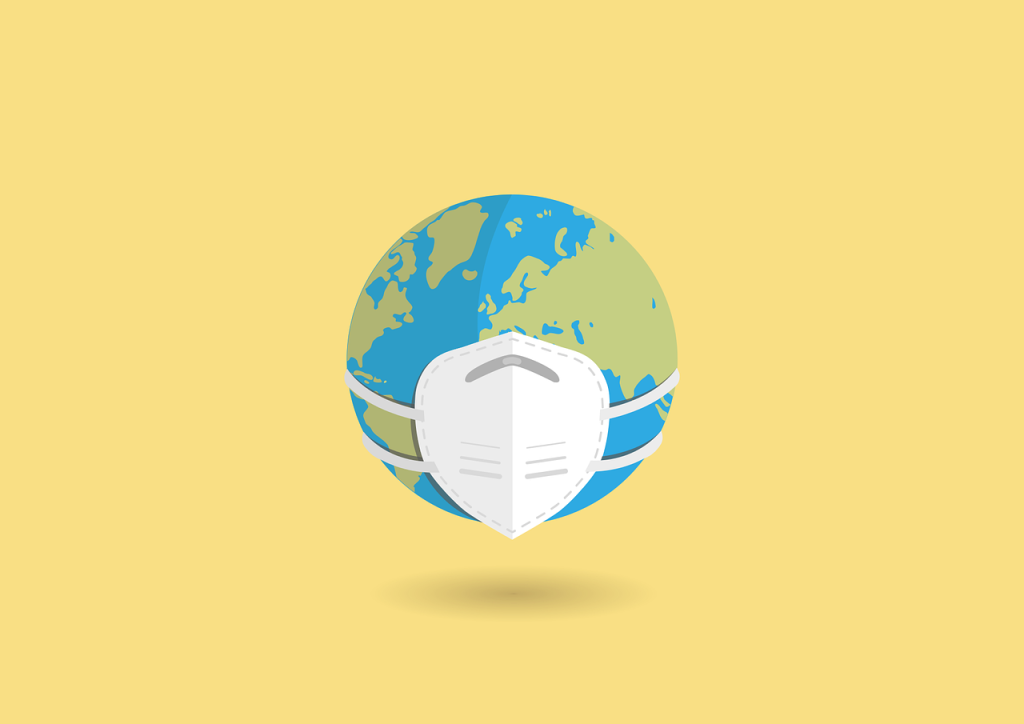
Grace’s musings on her journey took on the form of heavy reliance on God — “I was bombarded with questions on fear. And I realised God is rational and sensible and is wisdom and our Creator! So I followed His leading step by step, checking with Him all the way and put away my fears. …with deliberation, sang songs of praise to focus on Him when my emotions rocked, and felt His guiding hand on my shoulder. I was learning about Him. I needed to suffer and wait upon Him to learn.”
Words for Others
Here is what the group said about leaving words of advice to those who are currently infected or have fears of being infected.
Alice echoes many in the group who still feel the lingering effects of tiredness and shortness of breath but she comes away with a quiet assurance of who is in charge. “God is in control so just do your utmost best to be vigilant to stay safe and keep others safe, and leave the rest to the Almighty God who is greater than the pandemic.”
Celeste leaves us with practical tips — “Equip your house with lots of disinfectant sprays and wipes. Maintain a healthy lifestyle and don’t let fear take over.”
Danny’s advice is a combination of a quiet reliance on God and being responsible to others — “Trust in God. Have faith, not fear. He will see you through. Also, be socially responsible.”

Fabian said that he had no words of advice, merely this — “I encourage believers to always tune into Jesus with our heart and soul. Just like the words in this hymn, Because He Lives: “And because He lives, I can face tomorrow. Because He lives, all fear is gone. Because I know, I know He holds the future. And life is worth the living, just because He lives.”
Grace leaves this with us — “Your faith will get tested. You will learn and learn differently from others. Simply because we all have different histories — histories of health, of faith. Our journeys are all different. And simply fearing infection is only one aspect of life. God wants us individually to learn from Him. Because only He knows us deeply. So, if you do get infected, take this journey, take this opportunity, to speak with Him, to hear Him, to obey Him and know His deep love for you.”
Ivy says, “God won’t disappoint — He gave me a further two weeks with my son and family, as I was looking for His purpose in all of this.”
Note: Actual names are not used in this article.
By Peggie Chan with information from Covid survivors in this article.
Read also: How God Showed Me What Creation Care Means with My Burning Passion for Sustainability

